Coronavirus bill: can police detain coronavirus patients?
Police detain man on the Isle of Man for failing to self-isolate
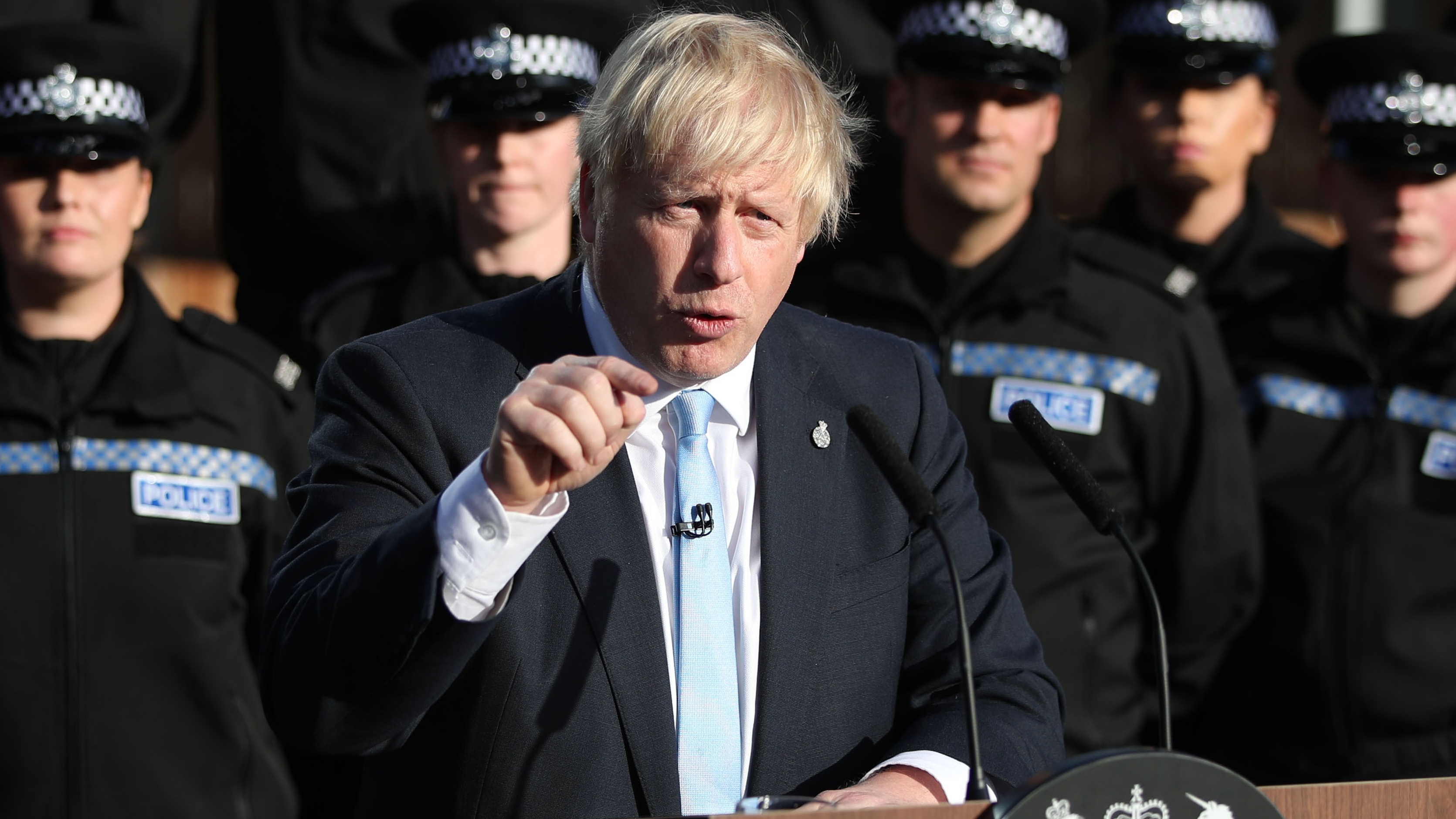
A free daily email with the biggest news stories of the day – and the best features from TheWeek.com
You are now subscribed
Your newsletter sign-up was successful
A British man faces three months in prison or a £10,000 fine after being detained for allegedly failing to self-isolate.
Police said that the unnamed male, 26, was picked up by police after arriving on the Isle of Man on Thursday night.
The island, which is a self-governing British Crown dependency, passed emergency legislation on Tuesday to tackle the coronavirus outbreak, granting police the power to detain any arrivals who fail to isolate for a 14-day period, even if they show no symptoms of the virus.
The Week
Escape your echo chamber. Get the facts behind the news, plus analysis from multiple perspectives.

Sign up for The Week's Free Newsletters
From our morning news briefing to a weekly Good News Newsletter, get the best of The Week delivered directly to your inbox.
From our morning news briefing to a weekly Good News Newsletter, get the best of The Week delivered directly to your inbox.
The man is the first Briton to be detained for breaching strict quarantine rules, which came into effect as the Isle of Man confirmed its first case of coronavirus today.
However, with the government fast-tracking legislation that would expand its powers to tackle the public health crisis caused by coronavirus, he may not be the last.
What is in the Coronavirus Bill?
Sky News reports that the bill will primarily extend the government’s powers, but it will also “scrap existing regulations in some areas should public services suffer mass staff shortages”.
A free daily email with the biggest news stories of the day – and the best features from TheWeek.com
The legislation will be time-limited for two years and affect areas including the NHS, social care, schools, police, Border Force, local councils, funerals and courts.
Areas where the government’s powers will be expanded include giving Home Secretary Priti Patel the right to request ports and airports to close temporarily if there is a shortage of Border Force staff.
Police and immigration officers will also be given the power to detain and quarantine individuals if they are, or could be, infectious.
Recently retired NHS and adult social care staff will be enabled to return to work without any loss of pension rights, while people who volunteer to help care for patients in the health and social care sector will be able to “pause” their main jobs for up to four weeks.
Paperwork in hospitals will be cut back to help doctors discharge patients more quickly, allowing beds to be freed up for the seriously ill.
Schools and children’s nurseries could be forced to close – or forced to stay open – under the legislation, while it will also give the government sweeping powers to restrict or ban any events or gatherings.
With the government taking more control of public events, the bill will also confirm the postponement of local and mayoral elections until 2021.
ITV adds that the legislation will allow the government to “switch on” the new powers when they are needed, as well as switch them off again once they are no longer necessary.
–––––––––––––––––––––––––––––––For a round-up of the most important stories from around the world - and a concise, refreshing and balanced take on the week’s news agenda - try The Week magazine. Start your trial subscription today –––––––––––––––––––––––––––––––
What has the reaction been?
Commenting on the powers granted by the legislation, the government’s chief medical officer, Chris Whitty, said: “The measures included in this Bill will help support our frontline workers, protect the public and delay the peak of the virus to the summer months when the NHS is typically under less pressure.”
The extension of the government’s executive powers is in keeping with Boris Johnson’s pledge yesterday to operate “like a wartime government”, and follows the announcement of Chancellor Rishi Sunak’s £350bn economic stimulus package.
However, ITV’s political editor, Robert Peston, says that the bill heavily encroaches on “civil liberties and basic rights”, more so, he says, than any other bill passed in his lifetime.
Peston writes: “[The bill] is all aimed at keeping us safe. But the transfer of unchallengeable power to the state for two years is huge.”
Lawyer and media commentator David Allen Green also voiced concern over the bill’s wide ranging powers, noting that “the two year duration sidesteps the limits of emergency legislation”.
Labour MP Chris Bryant echoed this, writing on Twitter that while we are facing the “greatest emergency we’ve faced for many years”, he would not vote for “draconian emergency measures that last two years unless they require regular renewal by parliament”.
The Civil Contingencies Act 2004, under which governments can currently be granted emergency powers, limits the extension of executive power to 30-day periods. After each 30-day period, Parliament must vote again to continue the extended powers.
Allen Green added that “the shout-down response of ‘don’t you know there is a virus on’” is no answer to concerns about the bill.
“Not only should all coercive legislation be properly scrutinised,” he wrote. “Rushed legislation is often bad legislation.”
-
 Antonia Romeo and Whitehall’s women problem
Antonia Romeo and Whitehall’s women problemThe Explainer Before her appointment as cabinet secretary, commentators said hostile briefings and vetting concerns were evidence of ‘sexist, misogynistic culture’ in No. 10
-
 Local elections 2026: where are they and who is expected to win?
Local elections 2026: where are they and who is expected to win?The Explainer Labour is braced for heavy losses and U-turn on postponing some council elections hasn’t helped the party’s prospects
-
 6 of the world’s most accessible destinations
6 of the world’s most accessible destinationsThe Week Recommends Experience all of Berlin, Singapore and Sydney
-
 Crime: Why murder rates are plummeting
Crime: Why murder rates are plummetingFeature Despite public fears, murder rates have dropped nationwide for the third year in a row
-
 Nottingham attacks: was justice served?
Nottingham attacks: was justice served?Talking Point Mother of victim says she was 'foolish to trust legal system' as killer Valdo Calocane is sent to high-security hospital
-
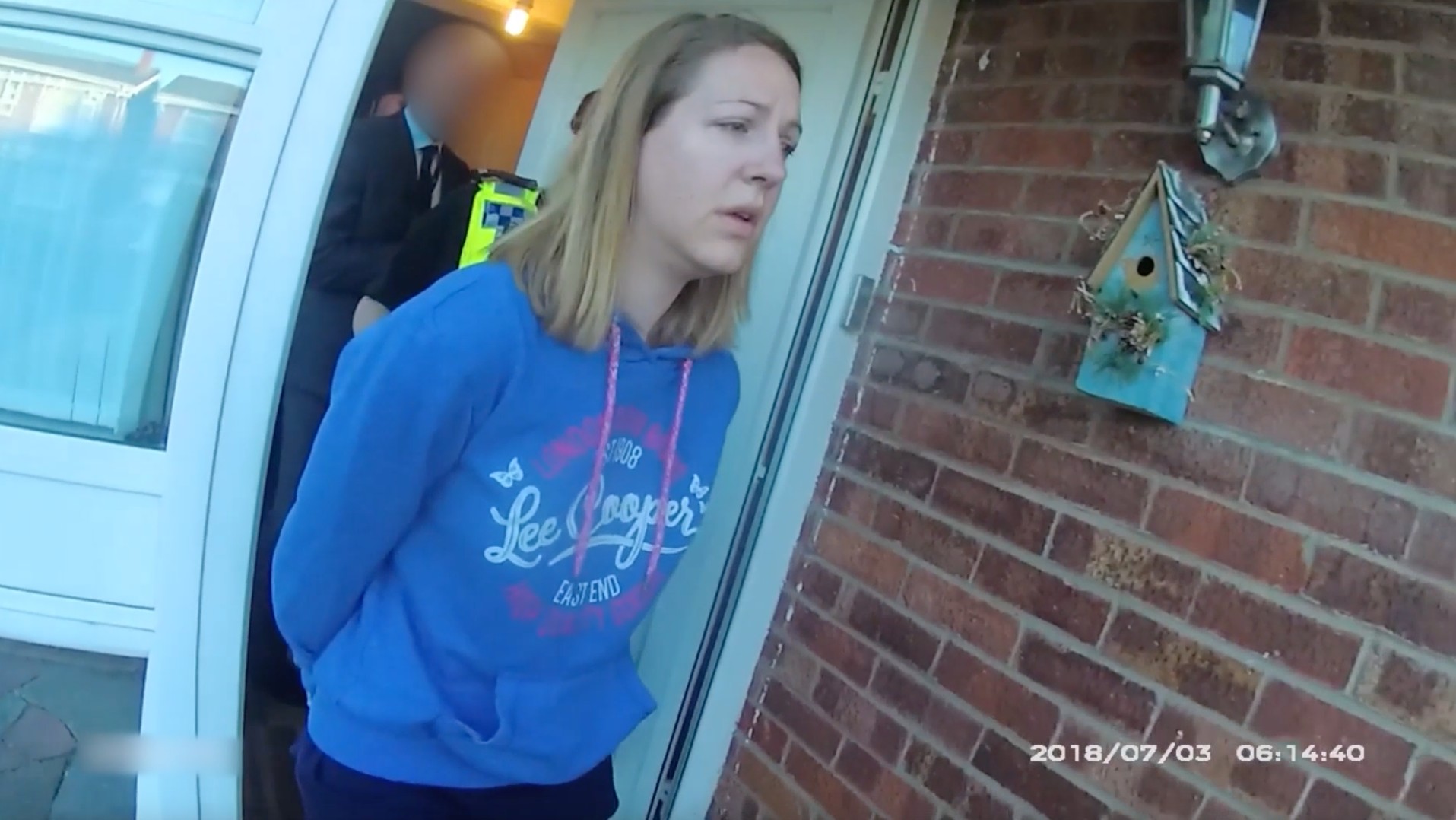 Lucy Letby: why wasn’t nurse caught sooner?
Lucy Letby: why wasn’t nurse caught sooner?Today's Big Question Hospital bosses under fire amid claims multiple warnings and chances to stop serial killer were dismissed
-
 Lucy Letby on the stand: nurse gives her side of the story
Lucy Letby on the stand: nurse gives her side of the storyfeature The 33-year-old accused of murdering seven babies faces cross-examination for the first time
-
 Anti-vaxxers accused of targeting TV stars’ homes
Anti-vaxxers accused of targeting TV stars’ homesIn the Spotlight Campaigners have served presenters and pundits with ‘bogus’ legal documents
-
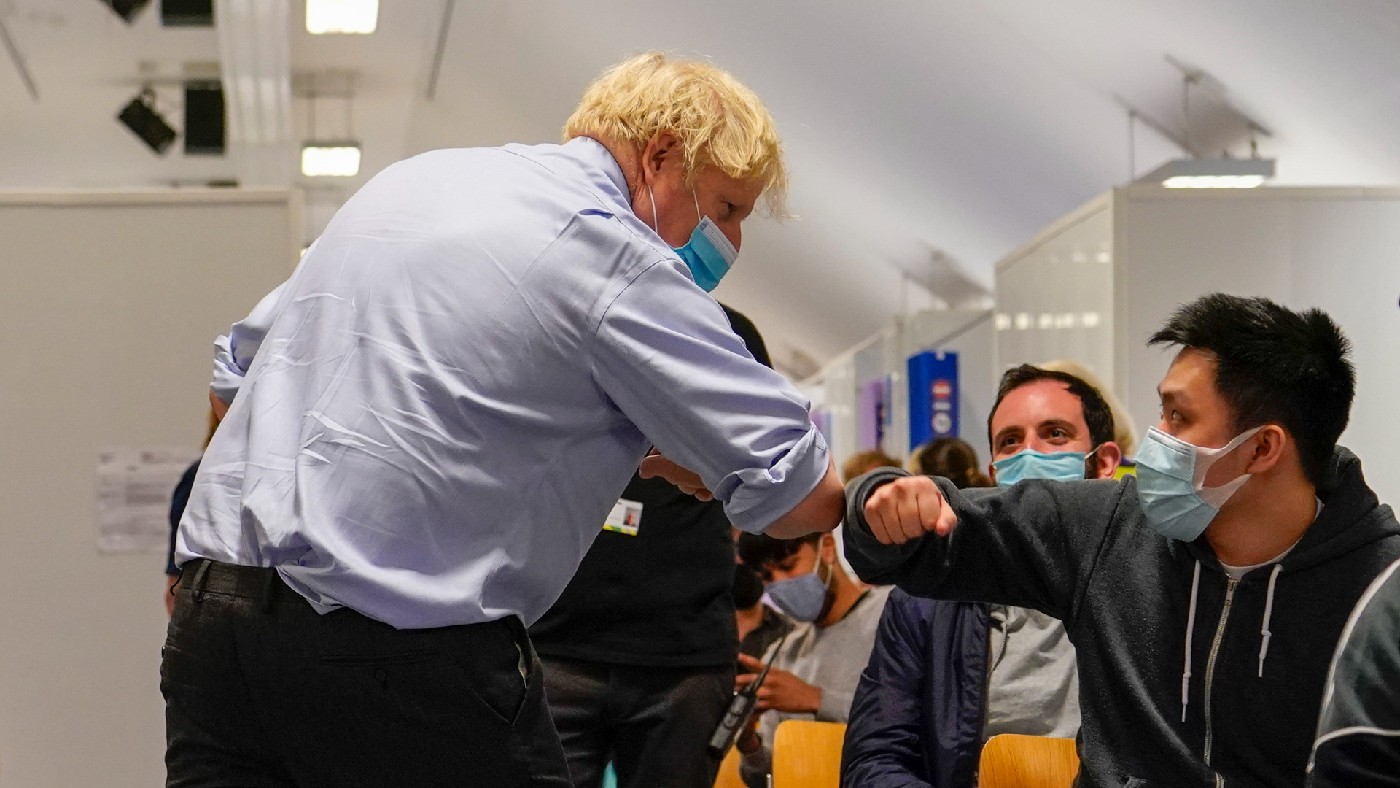 ‘We are undertaking a mass experiment that could undo the gains made through vaccines’
‘We are undertaking a mass experiment that could undo the gains made through vaccines’Instant Opinion Your digest of analysis and commentary from the British and international press
-
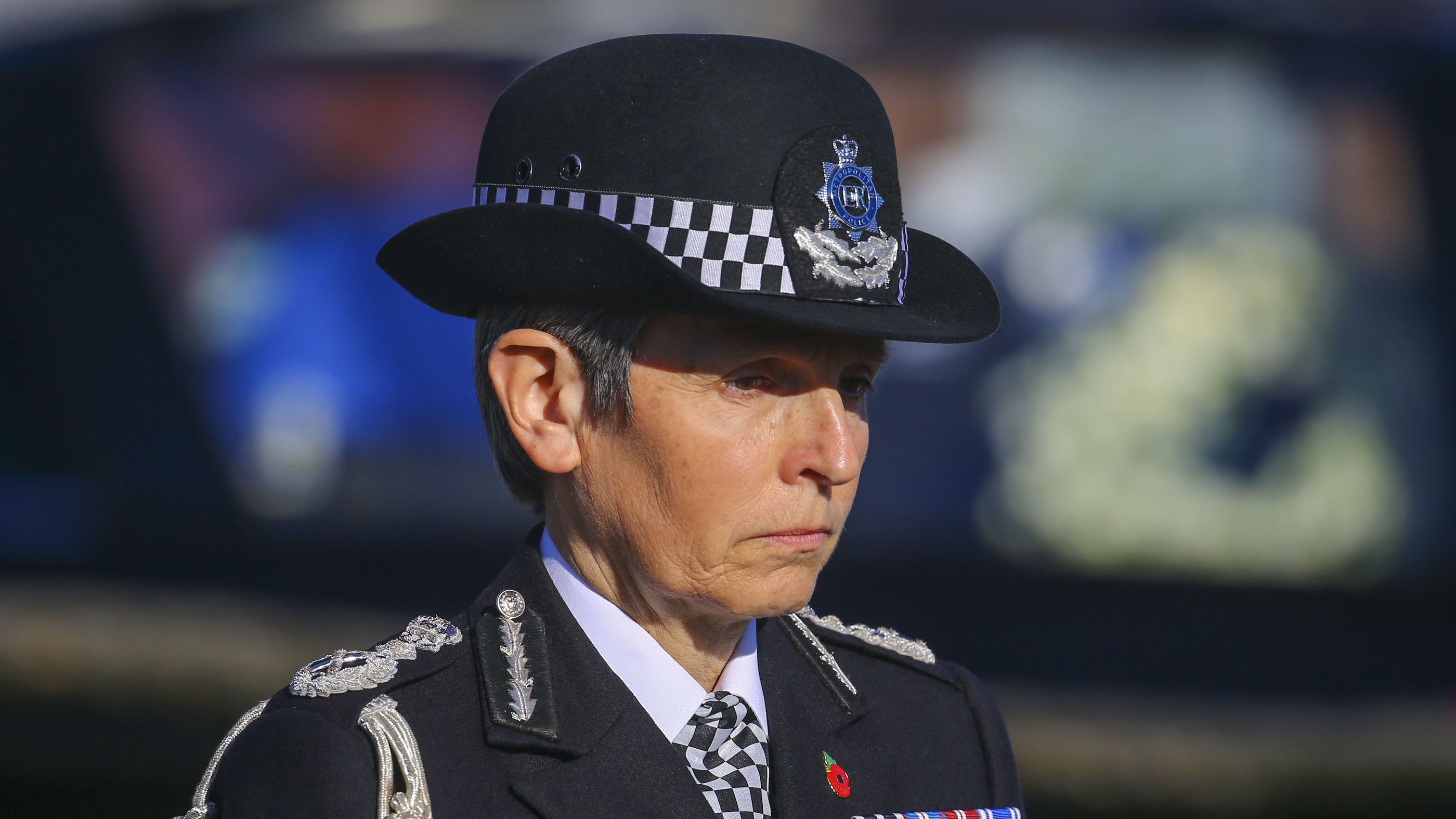 Cressida Dick: the scandal-hit chief stepping down from Met Police
Cressida Dick: the scandal-hit chief stepping down from Met PoliceIn the Spotlight Commissioner resigns amid allegations she failed to stem culture of misogyny and racism
-
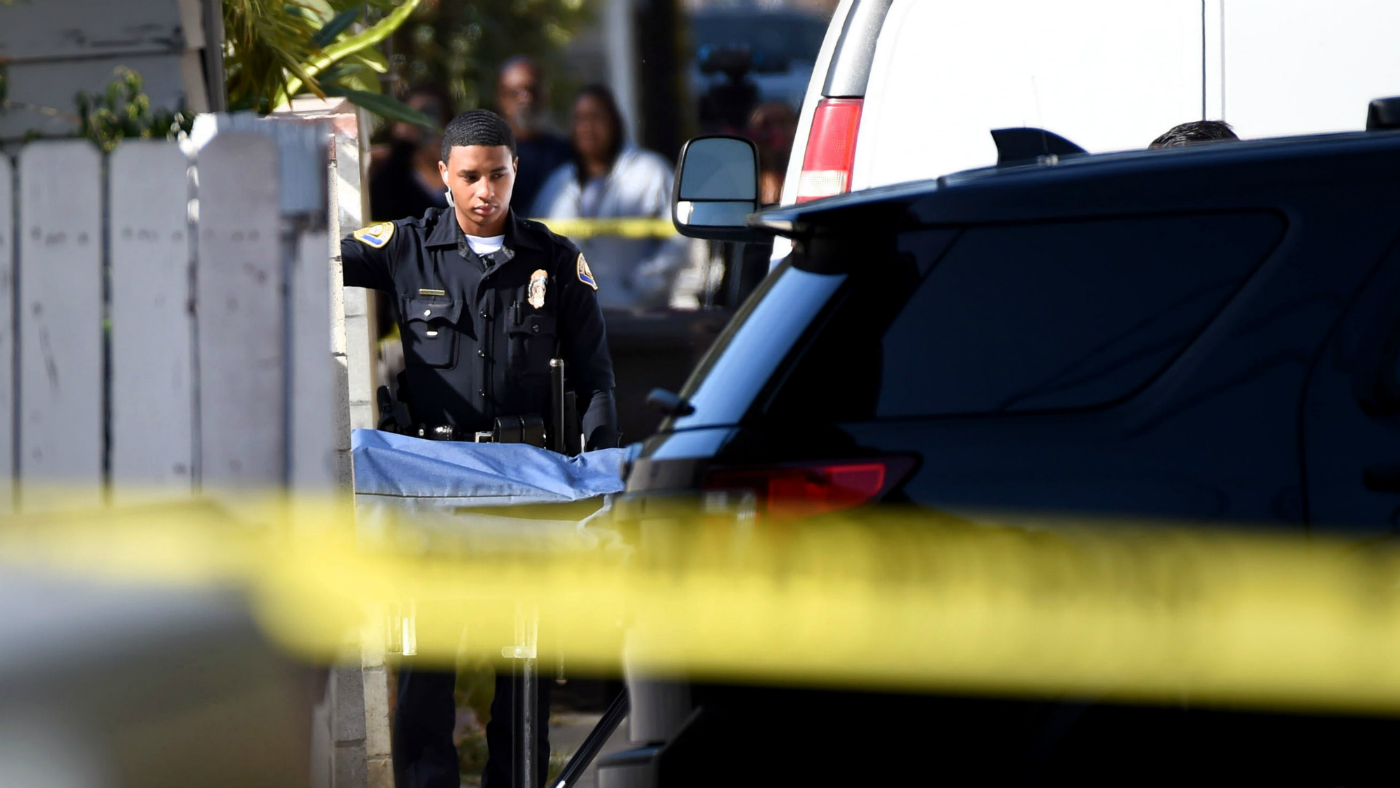 Why gun violence has soared in US cities
Why gun violence has soared in US citiesIn Depth Coronavirus frustration, firearms sales increases and George Floyd protests among reasons for hike